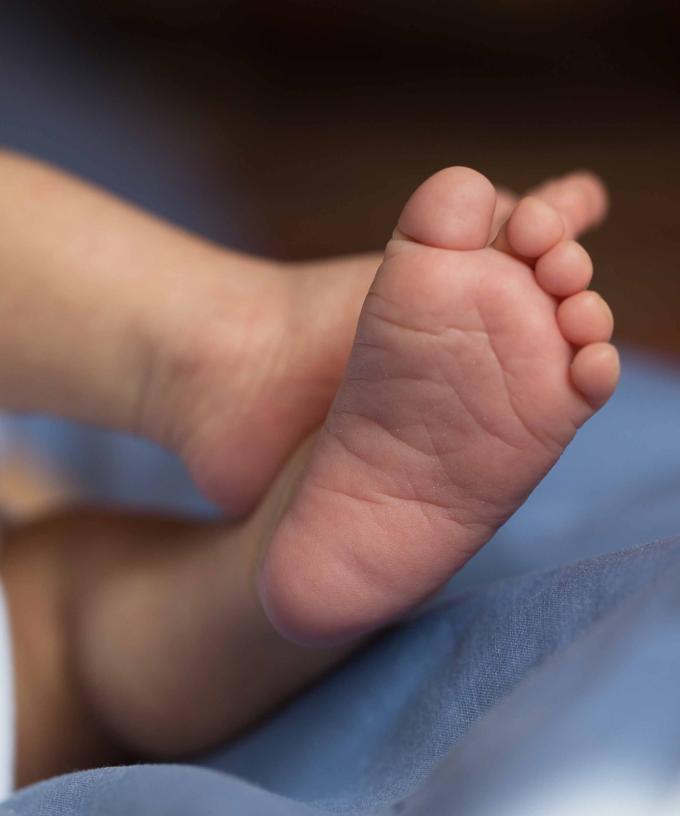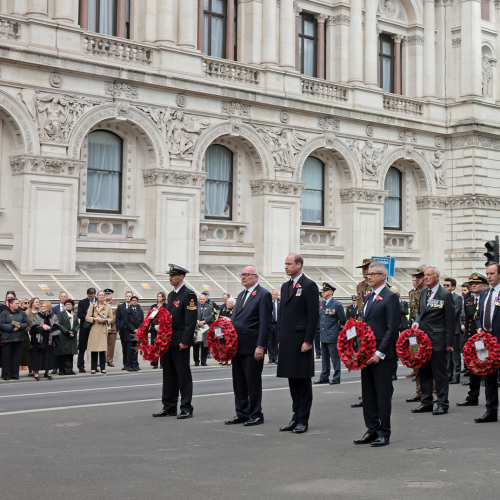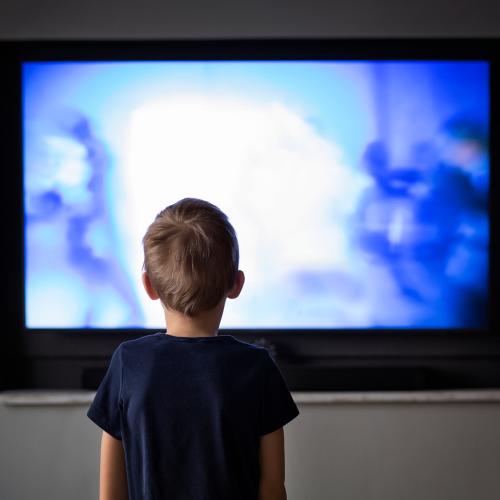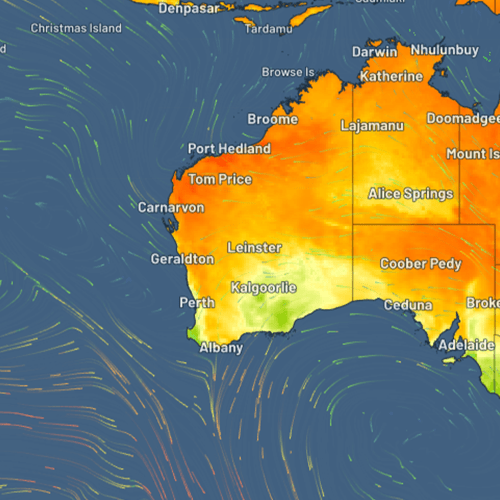Powerful stories detailing the impact of forced adoptions have been shared as parliament marks 10 years since a national apology.
Hundreds of thousands of young, unmarried mothers and babies were affected by the illegal practice between the 1950s and 1980s.
Unwed and often young Australian women were coerced into giving their newborns up for adoption. Although difficult to confirm due to poor record keeping, it’s estimated the total number of forced adoptions could be as high as 250,000.
In 2013, former prime minister Julia Gillard gave a historic national statement on behalf of all Australians, apologising unreservedly for the practice and acknowledged the harm it caused.
On Wednesday, more than 100 people who experienced forced adoptions were seated in the public gallery of the House of Representatives to mark 10 years since.
Social Services Minister Amanda Rishworth said Australia would never forget such a shameful chapter in its history and institutions would not repeat the same mistakes.
She said the practice was driven by the social judgment that children must be raised by married parents and have a mother and a father at all costs.
Ms Rishworth shared the story of a young mother held down and blindfolded while giving birth and told eye contact must be prevented so the baby would bond with its adoptive parents.
It took 50 years before she was reunited with her son.
“We have not forgotten the mothers, adopted people, fathers, families and communities torn apart by forced adoption,” Ms Rishworth said.
“We recognise the pain has not gone away and will never go away.”
Ms Rishworth said the federal government was committed to ongoing support for people affected by forced adoptions.
“All governments need to come together to strengthen the supports available and should do better by mothers, adopted people and impacted family members who have historically been let down to institutions and government,” she said.
“We need to … do better for everyone who was let down by society and the institutions they should have been able to trust to protect and care for them.”
Nearly $2 million is provided annually for existing support services including a national helpline, casework, search services to locate family and access to counselling.
Opposition spokesman Michael Sukkar said forced adoption practices denied women and aspiring families their fundamental right to care for and love their own children.
“A mother’s love for their child should never have been compromised by intervention,” he said.
“It should never have been assumed these women did not have the capability to raise their own children.”
Mr Sukkar said while history could not be rewritten, future governments must continue to acknowledge and support those impacted.
Lifeline 13 11 14
beyondblue 1300 22 4636







